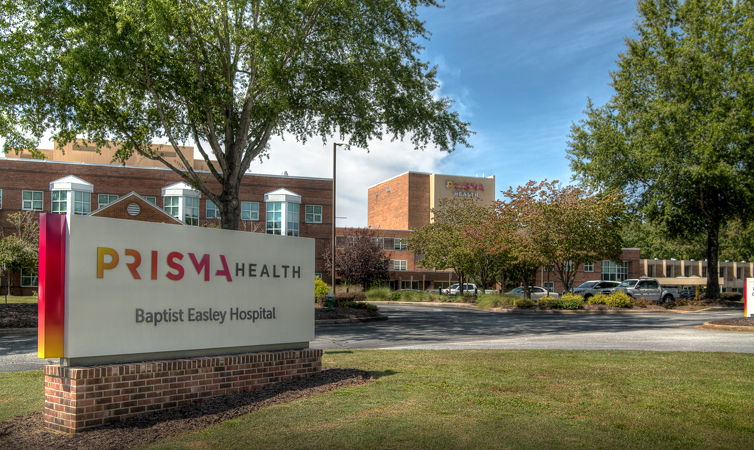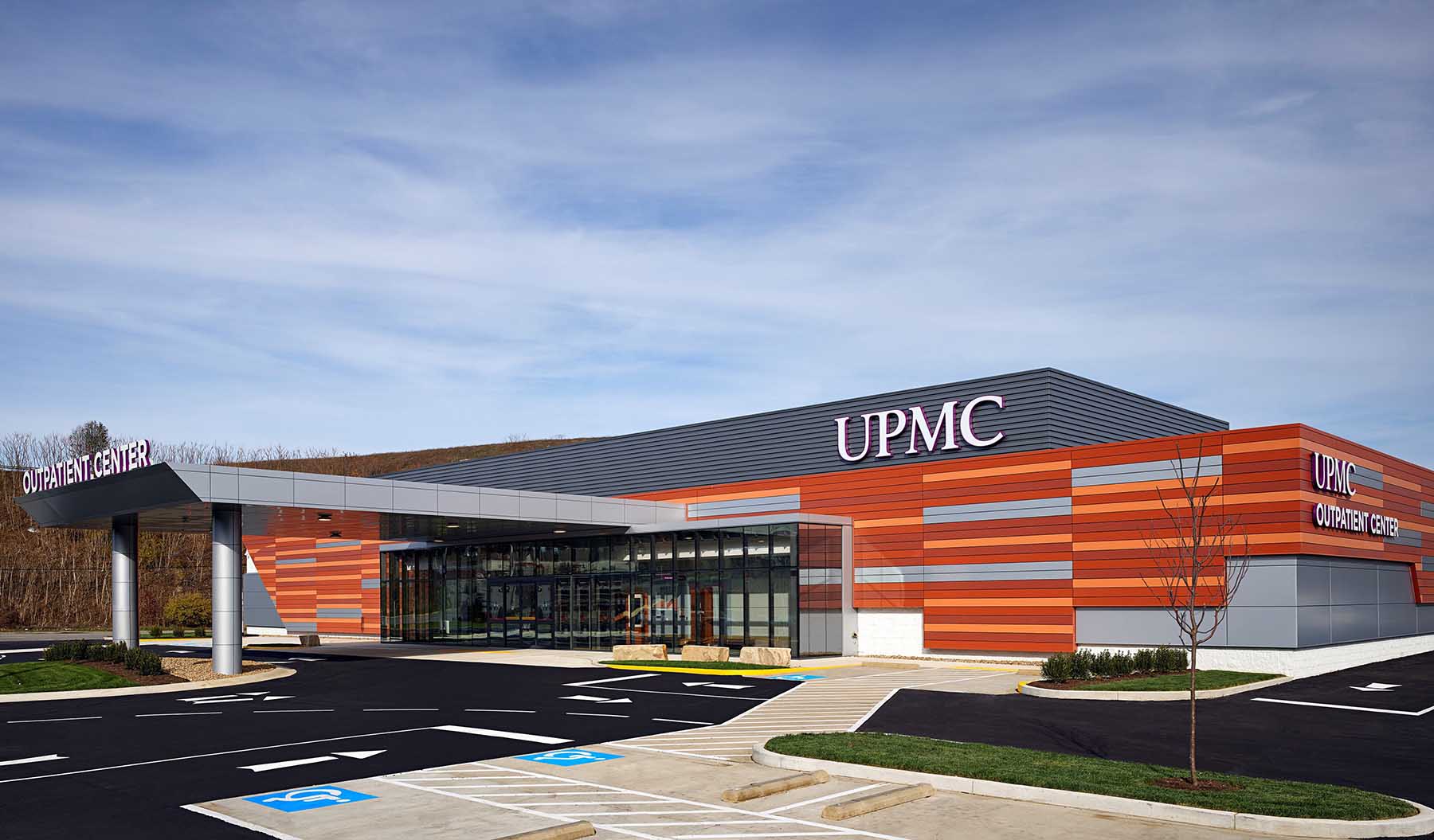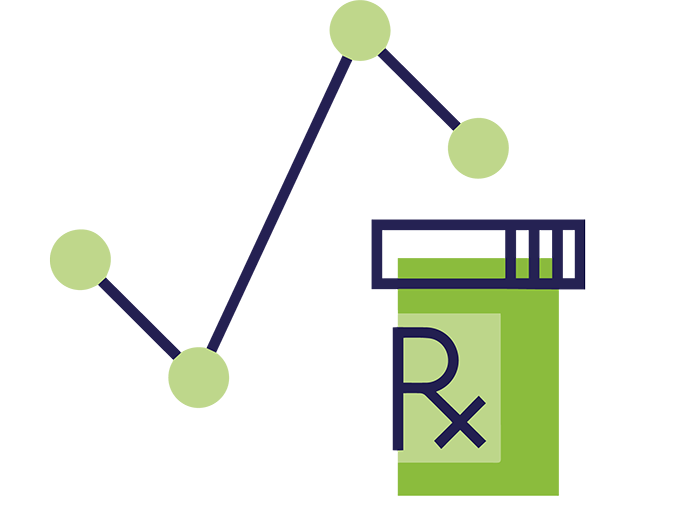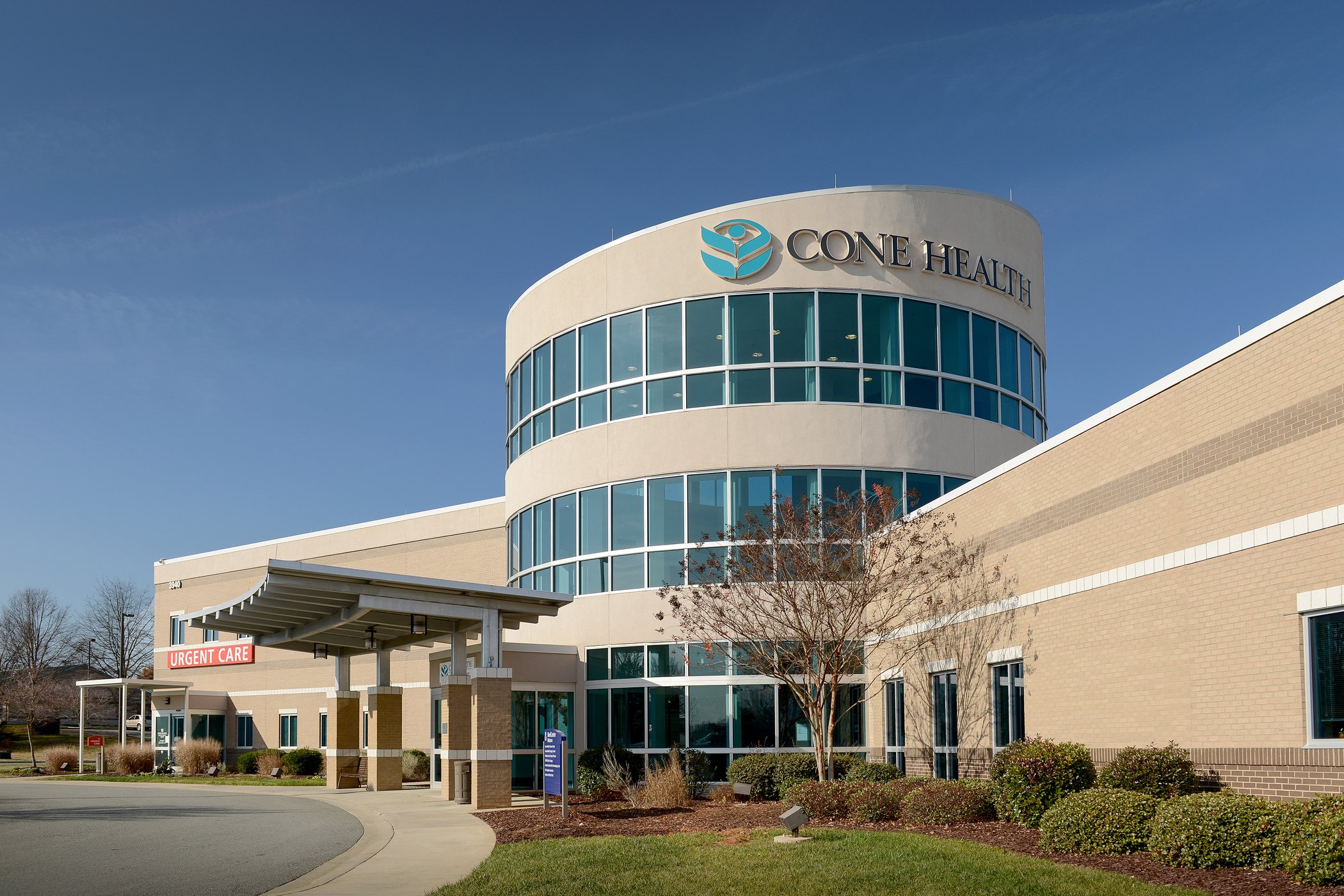The Challenge
As trends shift toward value-based care, Eagle Physicians has remained focused on improving its Transitional Care Management (TCM) services. Prior to refining this process, Eagle Physicians’ primary care providers (PCPs) were responsible for all TCM services via standardized documentation. Patients leaving acute care settings often lacked the support services necessary to ensure medication adherence at home and were not always able follow through with discharge instructions and follow-up appointments.
Eagle Physicians partnered with two health plan organizations to manage patients covered under certain plans, created a Transitions of Care Team to work directly with the health plan teams and develop a Centralized Quality Team to manage care transitions.
Under this workflow, the team distributed a daily report on patient admissions and discharges from its hospital system to all Eagle Physicians practices. The report was specific only to the hospital system, meaning that the Centralized Quality Team had to run additional internal reports to accurately identify Eagle Physicians’ patients. Eagle Physicians would follow up with patients within 7 to 14 days, depending on the patient’s acuity level.
Because the data provided by the hospital system was delayed and sometimes inaccurate, the team ineffectively monitored patient events, resulting in missed opportunities to facilitate patient follow-up appointments, reconcile medications and follow through on discharge plans. Eagle Physicians implemented an additional database in hopes of obtaining more streamlined patient data; however, the system still required data manipulation to gain relevant insights and did not monitor skilled nursing facility (SNF) patients. The team also had to create weekly reminders within their electronic health record (EHR) to call SNFs to monitor patient status.
Since the process was ineffective and time-consuming, Eagle Physicians looked for a solution that would allow them to monitor patients’ care transitions real-time and facilitate timely follow-ups.
The Solution
Eagle Physicians’ affiliated accountable care organization (ACO), Triad Healthcare Network (THN), began using Pings™ to effectively monitor and manage their patients’ care events. Eagle Physicians soon saw the value that Pings provided to THN and implemented the platform to improve care across the entire Eagle Physicians network.
They began implementation with six of their primary care sites, as well as their pediatric site. Over the following weeks, the Bamboo Health team and the Centralized Quality Team facilitated in-person onboarding meetings with each Eagle Physicians site and team, which included practice administrators, clinical supervisors, front administrative supervisors and one pod member identified as a Pings “super user.” During these meetings, Bamboo Health provided each site with a demo to review the platform, as well as an overview of customized best practices and workflow recommendations.






















